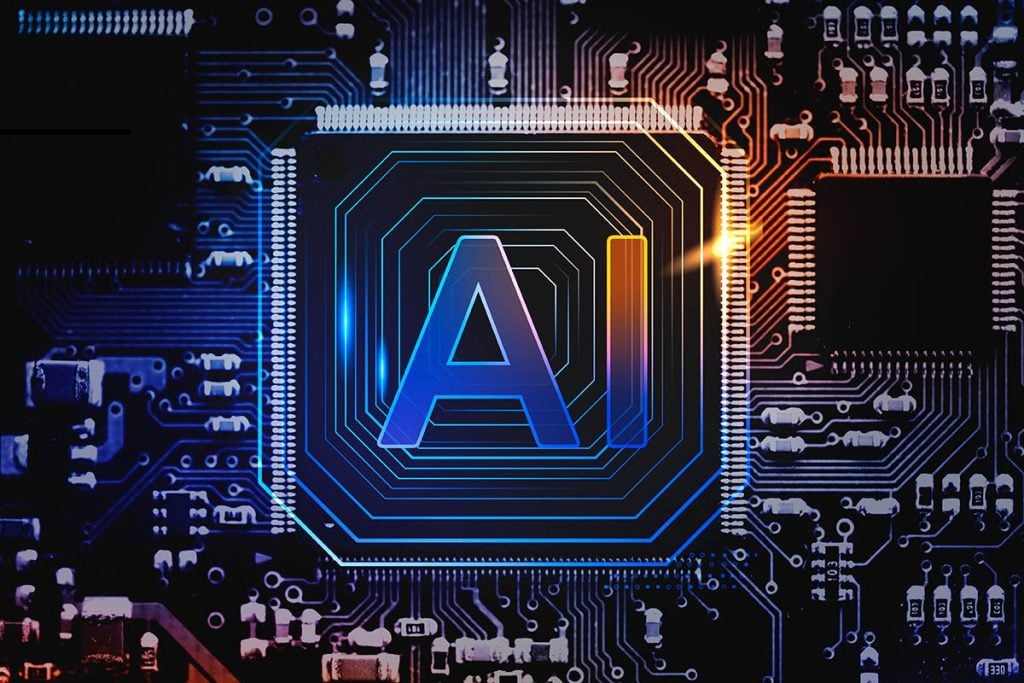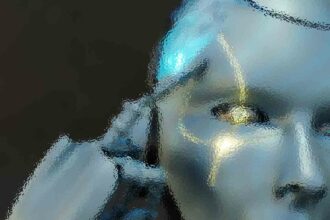AI development is happening rapidly, with research focused on enhancing self-learning capabilities, using more complex data, and strengthening the transparency and reliability of AI systems. The applications of AI are expanding and widely used in various industries, from healthcare to finance.
From predictive maintenance to autonomous vehicles and smart inventory management systems, the potential for AI and robotics to revolutionize manufacturing and supply chain management is vast. This has not only opened up new opportunities for businesses but has also created a demand for skilled professionals in the field.
Some people call this artificial intelligence, but the reality is this technology will enhance us. So instead of artificial intelligence, I think we’ll augment our intelligence.
Ginni Rometty
Most users search for something interesting (or useful) and clickable; as soon as some promising candidates are found, users click. If the new page doesn’t meet users’ expectations, the back button is clicked and the search process is continued.
A Guide to Choosing the Right AI Solution for Your Enterprise
Not all websites are made equal. Some websites are simple, logical, and easy to use. Others are a messy hodgepodge of pages and links.

Without website navigation, your visitors can’t figure out how to find your blog, your email signup page, your product listings, pricing, contact information, or help docs.
Quick and easy access to the content they’re after is more important for your website users than a… visually-stunning design.
Website navigation allows visitors to flow from one page to another without frustration. If you’ve done your job well, visitors leave your site with the intention to return and might even buy something from you or sign up for your email list.
Bad navigation is an especially common problem. We’ve all to find things on disorganized websites without any logical structure. It feels hopeless.
Using “complex large pictures”. Because a carousel generally carries a lot of picture messages, complex large pictures result in low performance and “slow loading rate” of the sites, especially those whose first homepages are occupied by high-resolution carousels.
What Every Enterprise Should Consider When Choosing an AI Solution
In design, rhythm is created by simply repeating elements in predictable patterns. This repetition is a natural thing that occurs everywhere in our world. As people, we are driven everyday by predictable, timed events.

One of the best ways to use repetition and rhythm in web design is in the site’s navigation menu. A consistent, easy-to-follow pattern—in color, layout, etc. Gives users an intuitive roadmap to everything you want to share on your site.
Rhythm also factors into the layout of content. For example, you “might have” blog articles, press releases, and events each follow their own certain layout pattern.
Choosing the Right AI Solution, A Strategic Guide
Nobody enjoys looking at an ugly web page. Garish colors, cluttered images and distracting animation can all 壯陽藥 turn customers “off” and send them shopping “somewhere else”. Basic composition rules to create more effective:
- Direct the Eye With Leading Lines
- Balance Out Your Elements
- Use Elements That Complement Each Other
- Be clear about your “focal points” and where you place them
The size and position of elements in a composition will determine its balance. An unbalanced design generates tension, which may be the goal in many design projects, but for web apps that demand repeated comfortable use, tension is not a desirable trait.
Roadmap to Selecting the Right AI Solution for Your Business
UX and UI: Two terms that are often used interchangeably, but actually mean very different things. So what exactly is the difference?
It’s going to be interesting to see how society deals with artificial intelligence, but it will definitely be cool.
Colin Angle
UX design refers to the term “user experience design”, while UI stands for “user interface design”. Both elements are crucial to a product and work closely together. But despite their relationship, the roles themselves are quite different.
How to Choose the Right AI Solution for Your Business
Good design guides the user by communicating purpose and priority. For that reason, every part of the design should be based on an “informed decision” rather than an arbitrary result of personal taste or the current trend.

Provide distinct styles for interactive elements, such as links and buttons, to make them easy to identify. For example, “change the appearance of links” on mouse hover, “keyboard focus”, and “touch-screen activation”.
Power Up Your CTM Ads with an AI
Design is not the end-all solution to all of the worlds problems — but with the right thinking and application, it can definitely be a good beginning to start tackling them.





